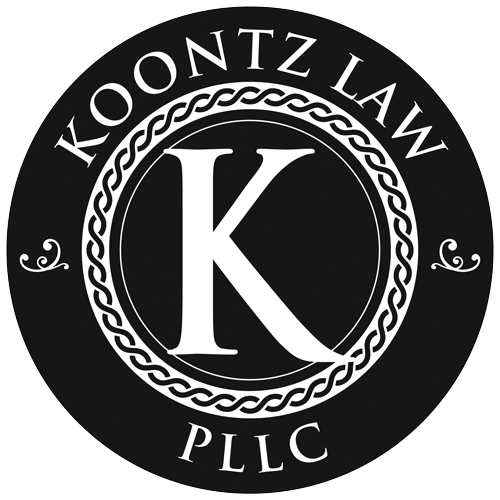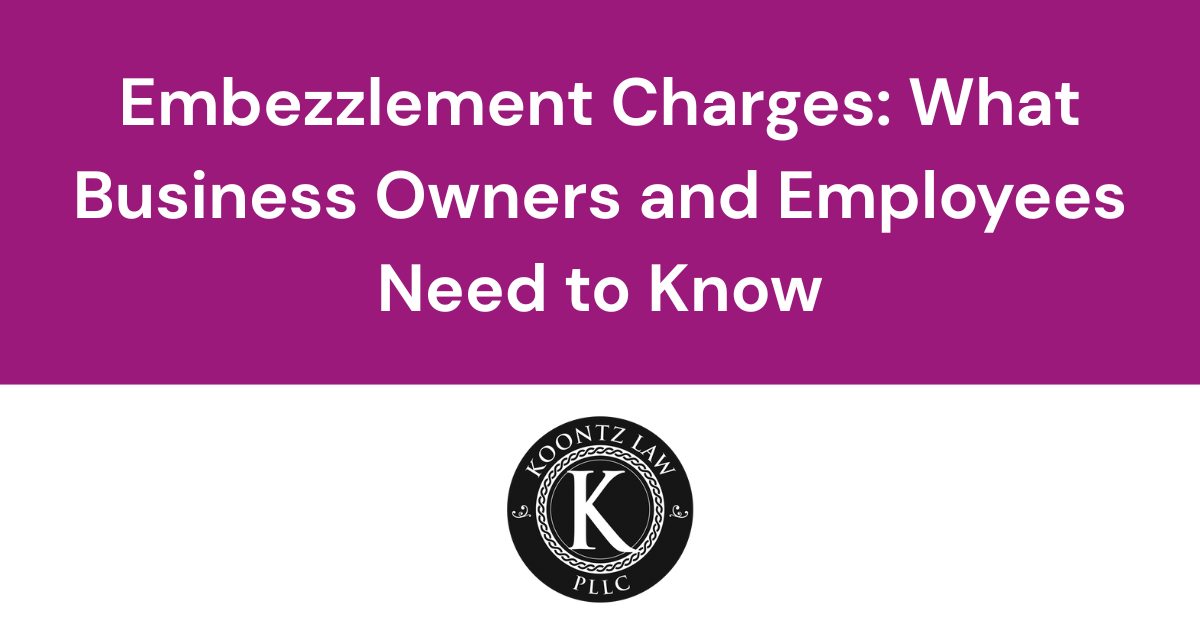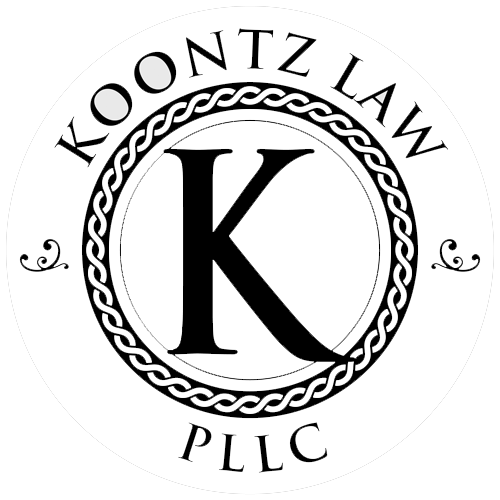How Foreclosure Works in North Carolina and Your Legal Rights
Facing foreclosure can be one of the most stressful experiences a homeowner endures. In North Carolina, the foreclosure process follows a unique legal framework that provides specific rights and protections to borrowers. At Koontz Law, PLLC, we believe in empowering our clients with knowledge, so they understand their options and can make informed decisions about their property and financial future.
Understanding Foreclosure in North Carolina
North Carolina primarily uses a non-judicial foreclosure process, meaning a lender does not typically have to go to court to foreclose on a home. Instead, the process is handled through a power of sale clause, typically included in the deed of trust signed at closing. However, this process still requires oversight from the courts in a limited way, making it quasi-judicial.
Key Steps in the Foreclosure Process:
1. Default on Loan Payments
The process begins when a borrower misses payments on their mortgage. After a period of delinquency, the lender may initiate foreclosure proceedings.
2. Notice of Hearing
Before a foreclosure sale can occur, the lender must file a Notice of Hearing with the clerk of court in the county where the property is located. The borrower will be notified and given an opportunity to attend the hearing.
3. Foreclosure Hearing
At the hearing, the clerk will determine whether the lender has met legal requirements:
If these elements are met, the clerk issues an order allowing the sale to proceed.
4. Notice of Sale and Auction
A Notice of Sale is posted publicly and in a local newspaper. The property is then sold at a public auction, often on the courthouse steps, to the highest bidder.
5. Upset Bid Period
After the auction, there is a 10-day upset bid period, during which anyone can place a higher bid. If no upset bids are made, the sale becomes final.
6. Eviction and Transfer of Ownership
If the previous homeowner does not vacate the property voluntarily, the new owner can initiate eviction proceedings.
Your Legal Rights as a Homeowner
Even during foreclosure, you have rights that can protect your interests:
1. Right to Cure the Default
You may be able to reinstate your loan by paying the overdue amount plus fees before the foreclosure sale. Some lenders allow reinstatement up to five days before the auction.
2. Right to Be Notified
North Carolina law requires that you receive proper notice of both the hearing and the sale. Improper notice may be grounds to challenge the foreclosure.
3. Right to Redeem the Property
Though North Carolina does not have a statutory redemption period after the sale, you can still redeem the loan before the sale by paying it in full, including fees.
4. Right to Defend Yourself
If you believe the foreclosure is improper, you have the right to challenge it at the clerk’s hearing or through court proceedings.
5. Protection Against Deficiency Judgments
If the sale of the home doesn’t cover the entire loan balance, the lender may seek a deficiency judgment. However, there are defenses that can limit or prevent this, depending on your circumstances.
How Koontz Law, PLLC Can Help
If you're facing foreclosure, it’s crucial to act quickly. At Koontz Law, PLLC, we help homeowners understand their options, from negotiating loan modifications and short sales to defending against improper foreclosure actions. We also represent clients at foreclosure hearings and provide guidance on potential alternatives, such as bankruptcy or deed-in-lieu of foreclosure. Our firm is committed to serving residents across Davie County and the Piedmont Triad, offering compassionate legal support tailored to each client’s unique situation. Contact us today to learn more.











